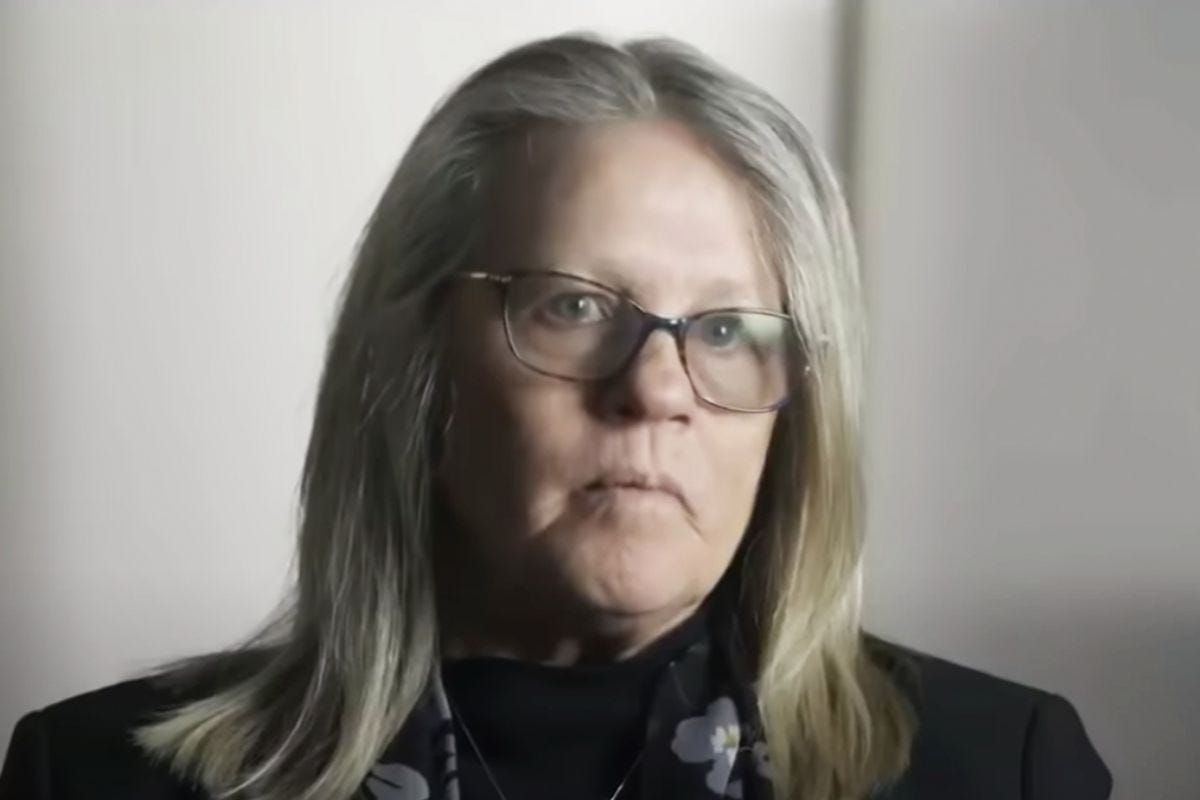- In early May, a video titled “Plandemic” was widely circulated on social media.
- It featured a discredited scientist who claimed vaccine companies are using the coronavirus pandemic to make a profit.
- The scientist, Judy Mikovits, made countless false claims about the dangers of vaccines, how stay-at-home orders suppress the immune system, and that the virus originated in a lab.
- More than 8 million people viewed the video before Facebook and YouTube took it down for violating their COVID-19 misinformation policies.
- Here’s a list of what “Plandemic” got wrong, and how.
- Visit Business Insider’s homepage for more stories.
On May 4, filmmaker Mikki Willis released a video titled “Plandemic” on multiple social media platforms.
It featured a discredited scientist, Judy Mikovits, who spent 26 minutes claiming that US public health experts and vaccine companies are complicit in creating the deadly coronavirus pandemic, and using it to make a profit.
Facebook and Youtube eventually took the video down for violating the companies’ misinformation policies. But even in a week’s time, the damage had been done: more than 8 million people had watched “Plandemic.”
“Plandemic” makes a lot of claims that, independently, don’t stand up to scrutiny. But presented all together in a rapid-fire style, they can seem to make sense – a rhetorical strategy, called “the Gish Gallop,” which is particularly effective during a highly politicized pandemic when some world leaders, furious about having to lock down the economy, are stoking conspiracy theories about scientific evidence.
Mikovits claimed stay-at-home orders are damaging to human health, that the virus originated in a lab, and that vaccines kill millions. But almost nothing she said in the video - about the coronavirus, about vaccines, or her own research history - is true.
Here's a claim-by-claim breakdown of the dangerous conspiracy theories aired in "Plandemic."
The coronavirus didn't start in a lab, it jumped to people from bats
Claim: Mikovits said "it's very clear this virus was manipulated," adding: "If it was a natural occurrence, it would take up to 800 years to occur."
Fact: Scientists have identified the two closest genetic relatives of the novel coronavirus (technically named SARS-CoV-2). Both are coronaviruses (a type of virus) that circulate in Chinese bat populations. Research suggests they gave rise to SARS-CoV-2 between 40 and 70 years ago (not 800 years ago). Viruses commonly jump from an animal host to humans. This type of cross-species hop - called "a spillover event" - also led to the outbreaks of Ebola and severe acute respiratory syndrome (SARS).

Claim: "The virus was manipulated at North Carolina laboratories, Fort Detrick, the U.S. Army Medical Research Institute of Infectious Diseases, and the Wuhan laboratory," she said.
Fact: There is no evidence that the virus leaked from the Wuhan Institute of Virology in China. Researchers at the high-security lab said they have no record of the new coronavirus' genome, and that they follow strict safety measures.
Following up on accusations from US conservatives, the CIA and Joint Chiefs of Staff found no evidence of a lab leak, and said "the weight of evidence leans towards" the virus being natural in origin. A March study that examined the virus's genome discovered that it was the product of evolution, not engineering.
The study authors wrote that their analysis shows SARS-CoV-2 "is not a laboratory construct or a purposefully manipulated virus."
Vaccines don't kill people
Claim: Mikovits said vaccine companies will "kill millions, as they already have with their vaccines" if a vaccine for COVID-19, the disease caused by the novel coronavirus, becomes mandatory.
Fact: Vaccines save millions. According to the World Health Organization, between 2010 and 2015 alone, vaccines prevented at least 10 million deaths.
Claim: She also said that there is no vaccine currently on the schedule for any RNA virus that works.
Fact: Measles, mumps, rubella, rabies, yellow fever, and influenza are all RNA viruses. Each has a vaccine.
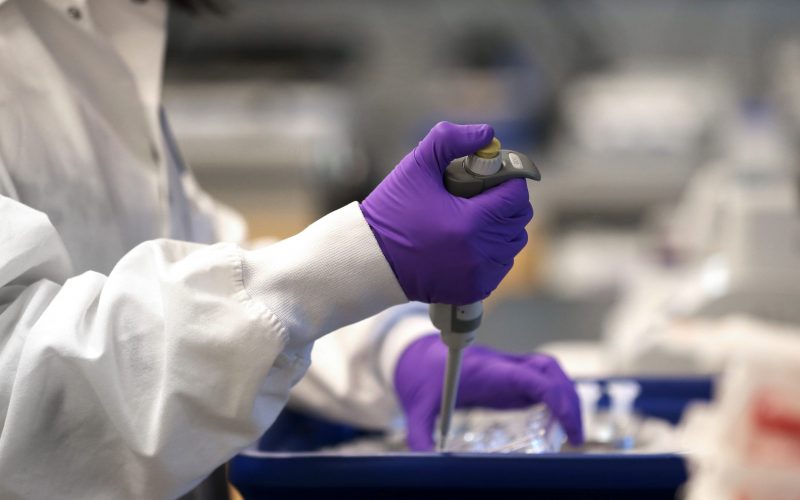
Claim: Mikovits argued that Italy got hit hard by the COVID-19 pandemic because they were inoculated with an untested flu vaccine that was grown in dogs, which have coronaviruses.
Fact: Dogs do have coronaviruses, but they don't jump over to humans. An influenza vaccine is unrelated to coronaviruses of any kind, and the flu vaccine consists of a weakened version of the virus that's unlikely to cause infection.
Staying home won't weaken your immune system
Claim: "Plandemic" includes an interview with two urgent care doctors who claim being inside exposes you to fewer viruses and bacteria, thereby weakening your immune system.
Fact: Their claim draws on a concept called the "hygiene hypothesis" - the idea that some exposure to microbes actually strengthens the immune system by training it to fight off germs.
"In the grand scheme of things during development, it's important for us to be exposed to our environment so the immune system can be stimulated, that's part of growing up healthy," microbiologist Dr. Miryam Wahrman told Business Insider.
But weeks or months in quarantine isn't likely to dampen that. Not only are people still able to go outside, but your home isn't a completely sterile environment. So you're still exposed to plenty of germs that keep your immune system sharp.
"If you're eating food, which I imagine everyone is doing, you're challenging you immune system. If you're breathing air, you're still exposed to things," Wahrman said. "So it's very misleading. They're misusing the concept of the hygiene hypothesis."
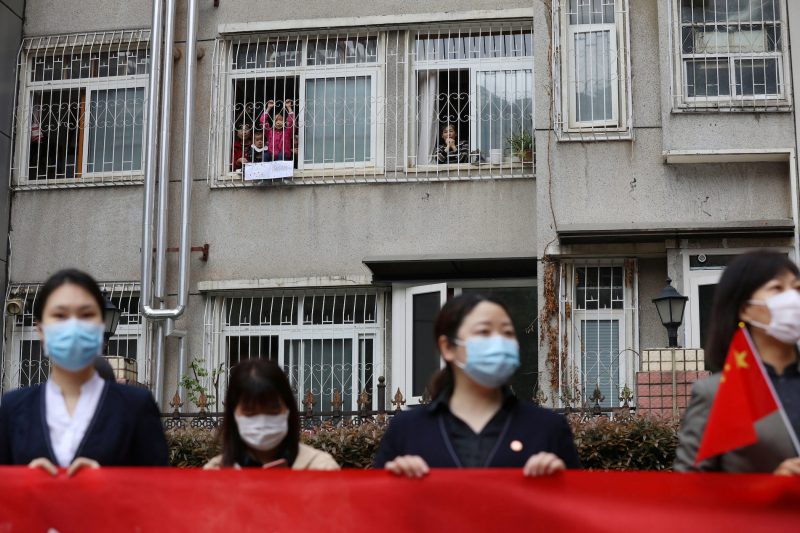
Claim: Mikovits also stated that closing beaches is "insanity" because the sand, ocean, and salt water contain "healing microbes."
Fact: Wahrman said that's just not true. While being outdoors is pleasant and important for wellbeing, it's not a panacea.
"I love swimming in the ocean. I believe it's healthy and it's very nice. But there are no microorganisms in the ocean that will do any magic to keep you healthy in this time or any other time, and if there were, they would be so dilute as to not do anything," she said.
Beaches are tricky to manage during the pandemic. Infection risk is lower outdoors, and coronaviruses aren't stable in water, so you probably wouldn't catch COVID-19 swimming.
But sand and surf offer ample opportunities for people to congregate in large groups that aren't separated by the recommended 6 feet of social distancing. Such gatherings are ideal for viral spread. At first, governments closed beaches to minimize people congregating, and are now rolling back those restrictions.
Wearing a mask won't worsen your infection
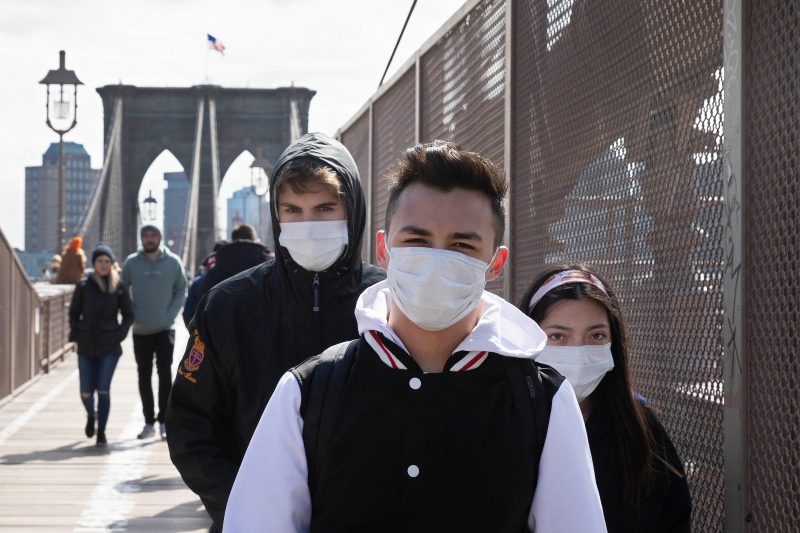
Claim: Mikovits said wearing a mask is harmful because it "literally activates your own virus" and can make you sicker from your own reactivated viral expressions.
Fact: You can't reinfect yourself with the virus if you already have it. Researchers have refuted the idea that the virus can go dormant in your body and be subsequently reactivated.
"There is no science behind it, and it's totally false," Wahrman said of that claim. More and more evidence suggests that once your body mounts an immune response to COVID-19, its protected - for some time - from reinfection.
"What wearing a mask does is help reduces the dispersion and spread of anything you have in your mouth or breath that could make others sick, and protects you from breathing in something aerosolized in your immediate environment that could make you sick," Wahrman added.
The government is not exaggerating the number of COVID-19 deaths
Claim: Mikovits said the US government has exaggerated the number of pandemic deaths because doctors are financially incentivized to classify the death of any coronavirus patients as a COVID-19 death, regardless of underlying health issues that may have contributed.
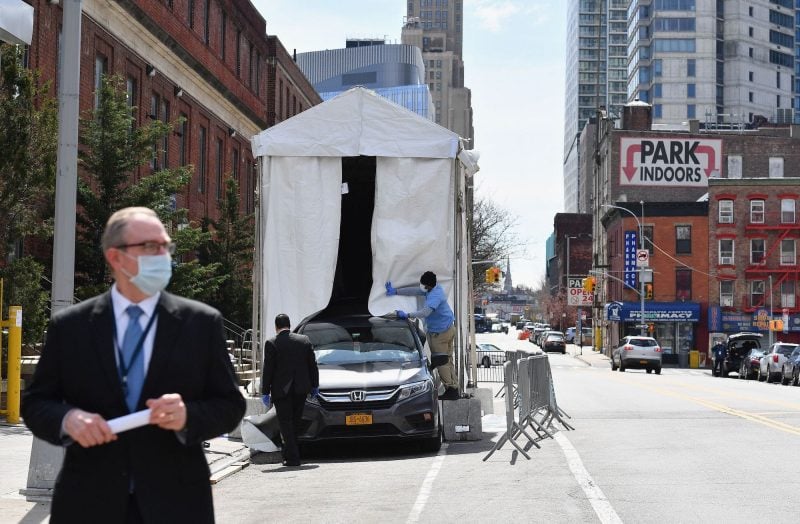
Fact: The US's rationale for reporting those as COVID-19 deaths is straightforward: Having a comorbidity, or added risk, increases the chance a person with COVID-19 will die. Research also shows the disease affects more than just our lungs. It can cause blood clots that may lead to strokes and require amputations, even in young, healthy patients. There's also mounting evidence the virus may harm organs like the heart and kidneys.
There's strong evidence that shows, if anything, the US is underestimating the number of coronavirus deaths.
Mikovits was arrested because she stole from her employer
Claim: "I was held in jail, with no charges," Mikovits said.
Fact: In 2011, she was fired by the Whittemore Peterson Institute, a research center in Reno, Nevada. The center later filed a lawsuit against her, Science reported, claiming Mikovits had held onto her lab notebooks and was keeping proprietary information on her laptop and personal email. Mikovits fled to Ventura County, California, where she was arrested as a fugitive from justice.
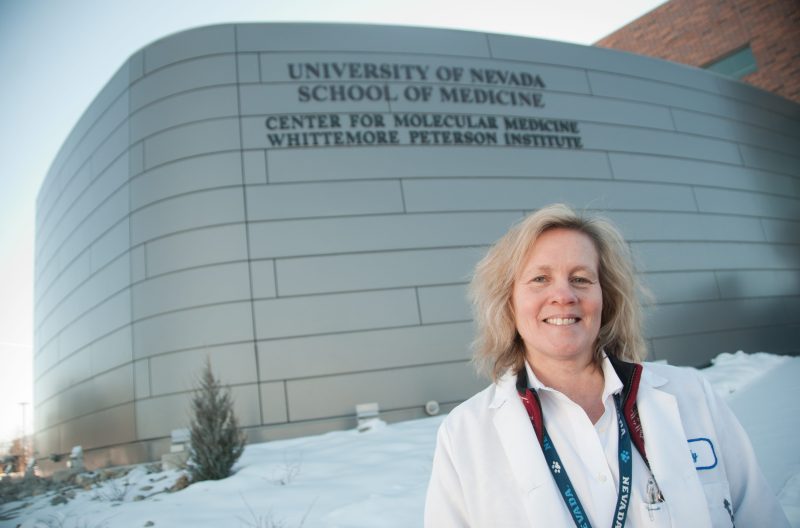
Claim: Willis introduced Mikovits as "one of the most accomplished scientists of her generation."
Fact: Her biggest claim to fame was a 2009 paper published in the journal Science that drew a connection between an obscure virus and chronic fatigue syndrome. That paper was retracted two years later, because other scientists couldn't replicate her findings. She hasn't published any papers since 2012.
Millions of people were enraptured by the "Plandemic" narrative because it helps them blame the pandemic on someone
Extended and severe quarantines, coupled with the circulation of conflicting information about the virus, have created a perfect storm for Mikovits and Willis's "Plandemic" to appeal broadly.
"This video allows people to make sense of phenomenon that are hard to connect, and appeals to the need to find some way to make meaning and sense of it, resolve ambiguity, or at least find someone to blame," Anthony Lemieux, a professor of global studies and communication at Georgia State University, told Business Insider.
He said that "Plandemic," like many conspiracy theories, is insidious. In it, Willis asks open-ended questions, and Mikovits's answers to those questions are designed to guide viewers to specific conclusions without stating them outright.

"It takes a kernel of truth, the first part of the question that's plausible, but disconnected from the context to make is seem like it's related in a meaningful way or worse, that it's a causality," he added.
According Wahrman, the video is popular, in part, because it provides an appealing alternative to the idea that we may be stuck in quarantine - due to a virus that we can't control - for a long time.
"It feels empowering to hear that there are alternatives. This is frustrating and it's hard to do social distancing," she said. "The answer, unfortunately, is that we're still in a raging pandemic. What we're doing is hard, it's necessary and we are saving lives."
